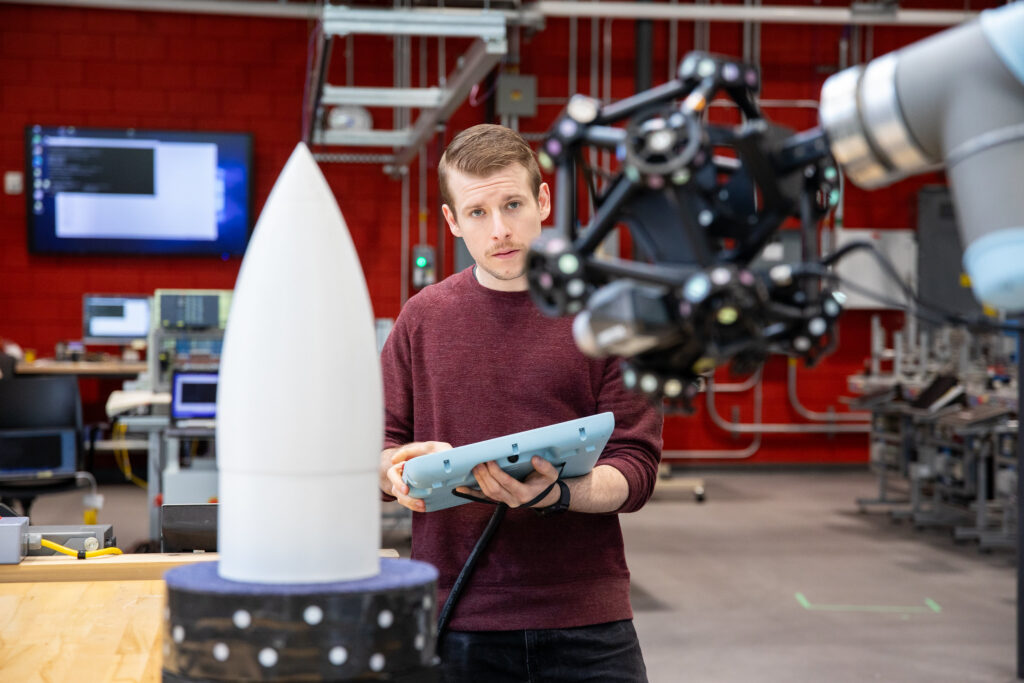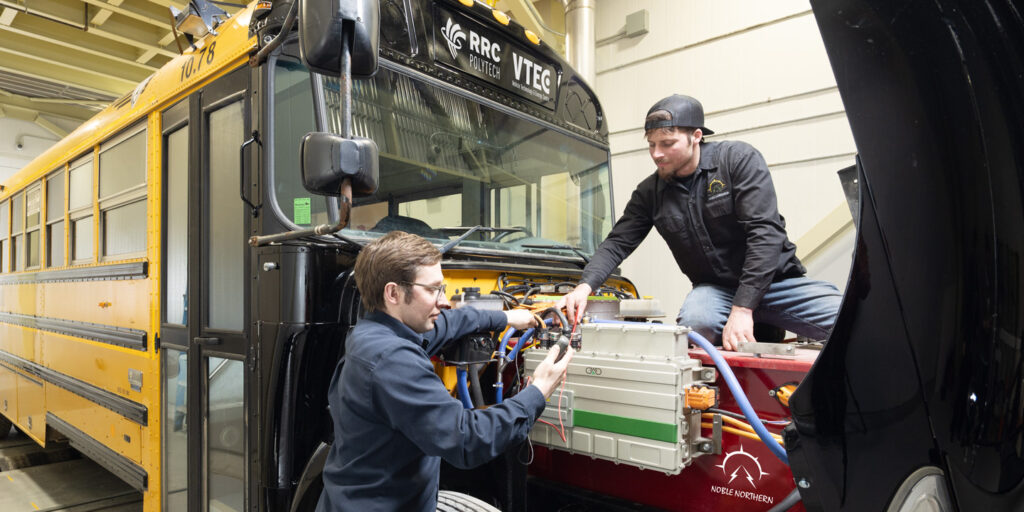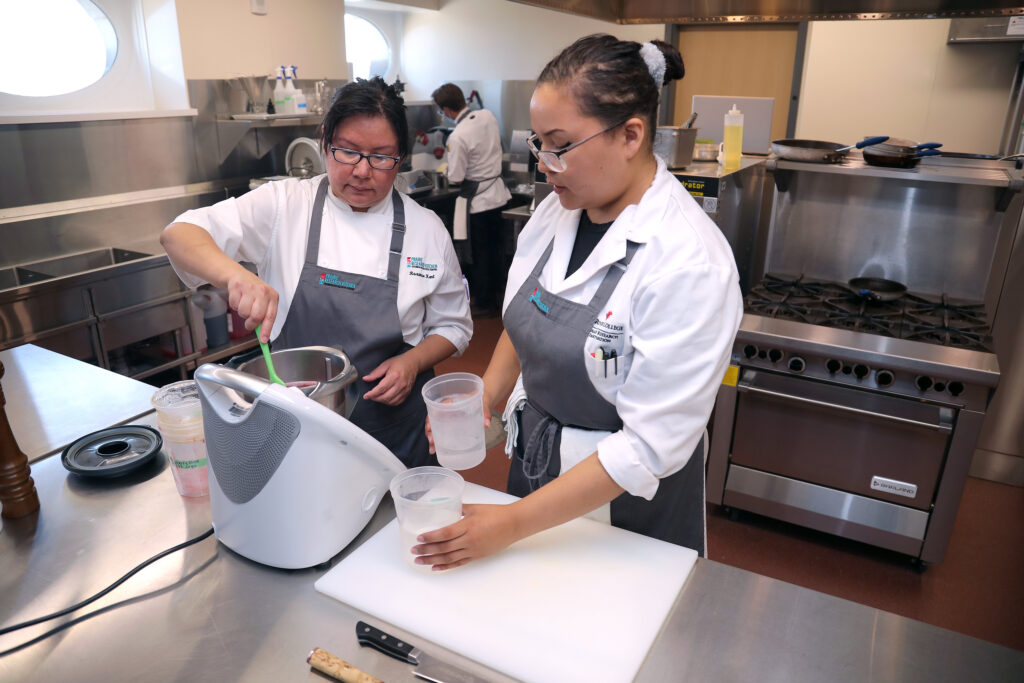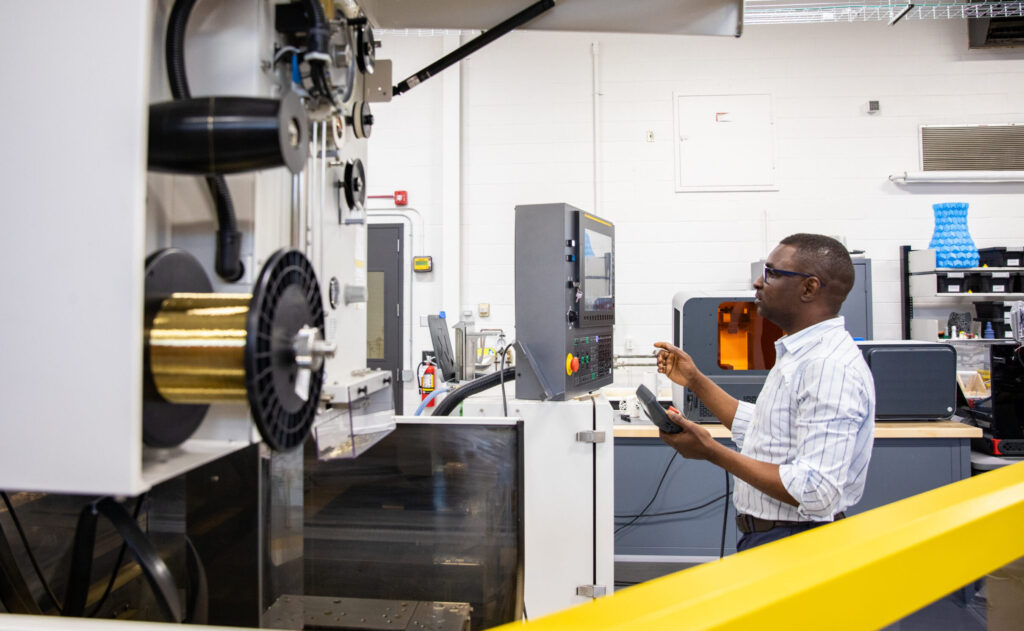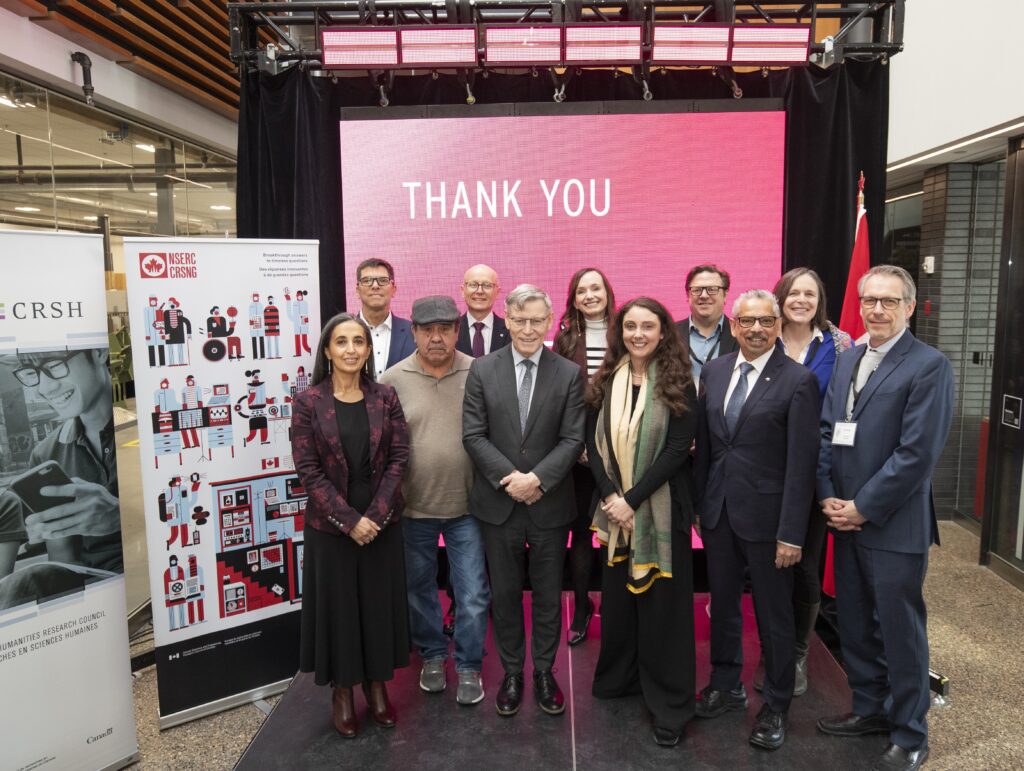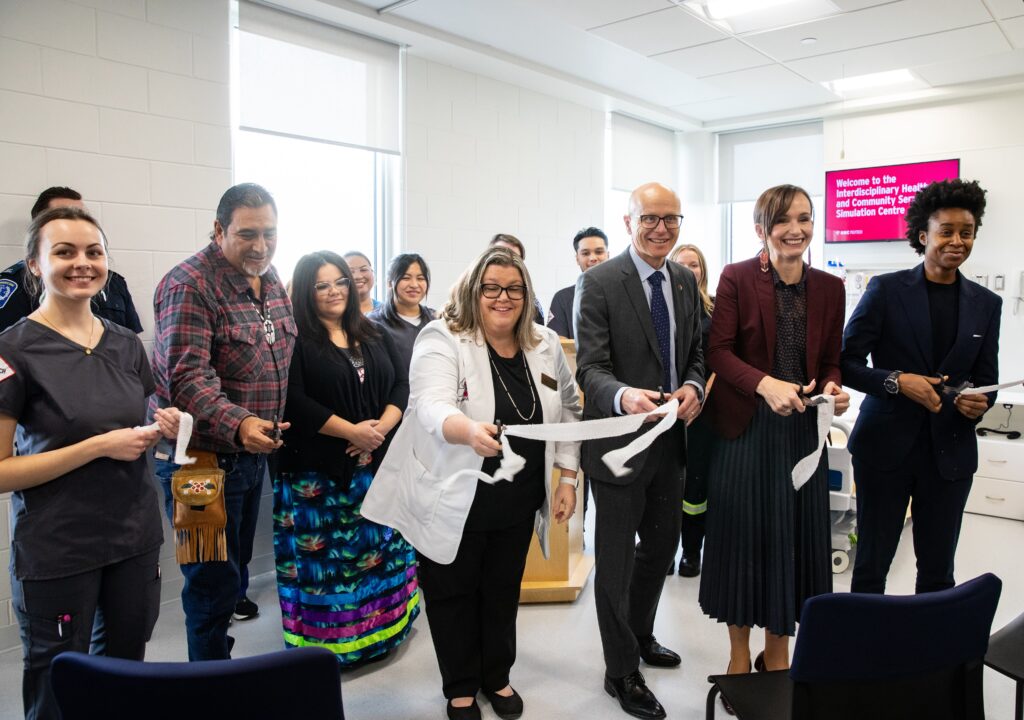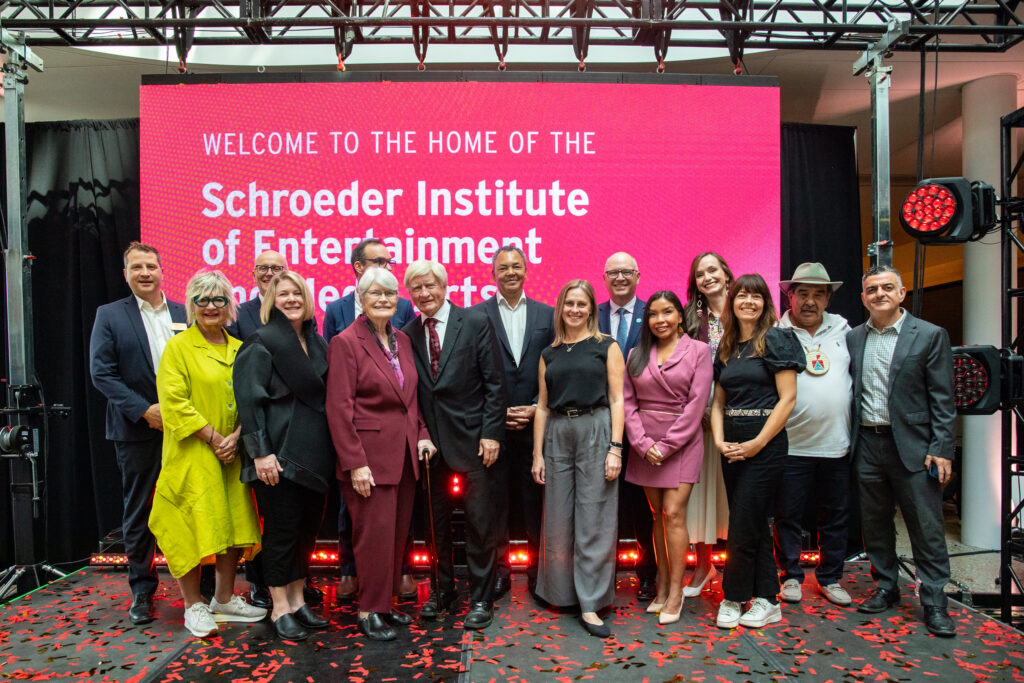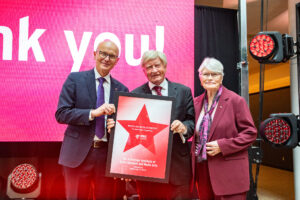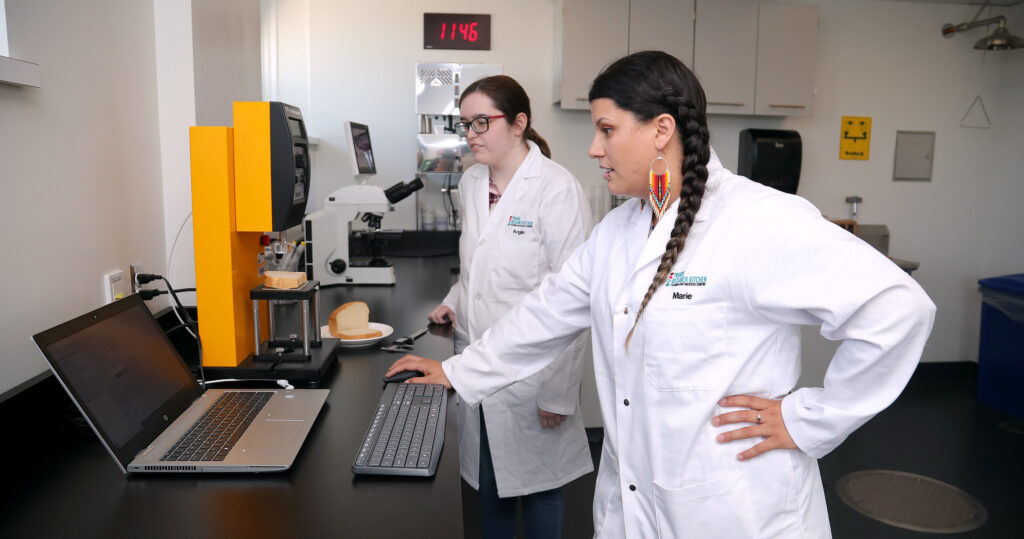Labs4 launches: Applied research engine will drive innovation ecosystem
This week, RRC Polytech and its post-secondary partners across Canada proudly launched Labs4, an applied research commercialization engine aimed at supporting entrepreneurs and accelerating the country’s innovation economy.
Labs4 brings together 38 Canadian polytechnics, colleges and universities to collaborate with businesses, entrepreneurs and communities on transforming research into real-world solutions.
Initially known as the College-University Lab to Market Network for Entrepreneurship and Research Commercialization, Labs4 will develop and deliver hands-on entrepreneurship training, product development support and mentorship through eight regional hubs and three Indigenous entrepreneurship hubs that stretch from coast to coast.
“Labs4 is built for impact. This is innovation with purpose, delivered across every region and rooted in community,” says Dr. Jolen Galaugher, Executive Director of Research Partnerships & Innovation at RRC Polytech and chair of the Labs4 executive committee.
“We operate at the intersection of academia and industry to translate applied research into practical solutions. By teaching researchers and businesses how to work with each other, building stronger relationships with Indigenous communities and scaling innovation with intentional speed and purpose, we’ll equip entrepreneurs to quickly move from insight to action to benefit all Canadians.”
Funded by the Natural Sciences and Engineering Research Council of Canada (NSERC), Mitacs and its institutional partners, Labs4 is a $55-million initiative created to close the gap between research and commercialization across all Canadian sectors, while reducing barriers faced by equity-seeking groups and strengthening Indigenous and regional innovation. Read More →

